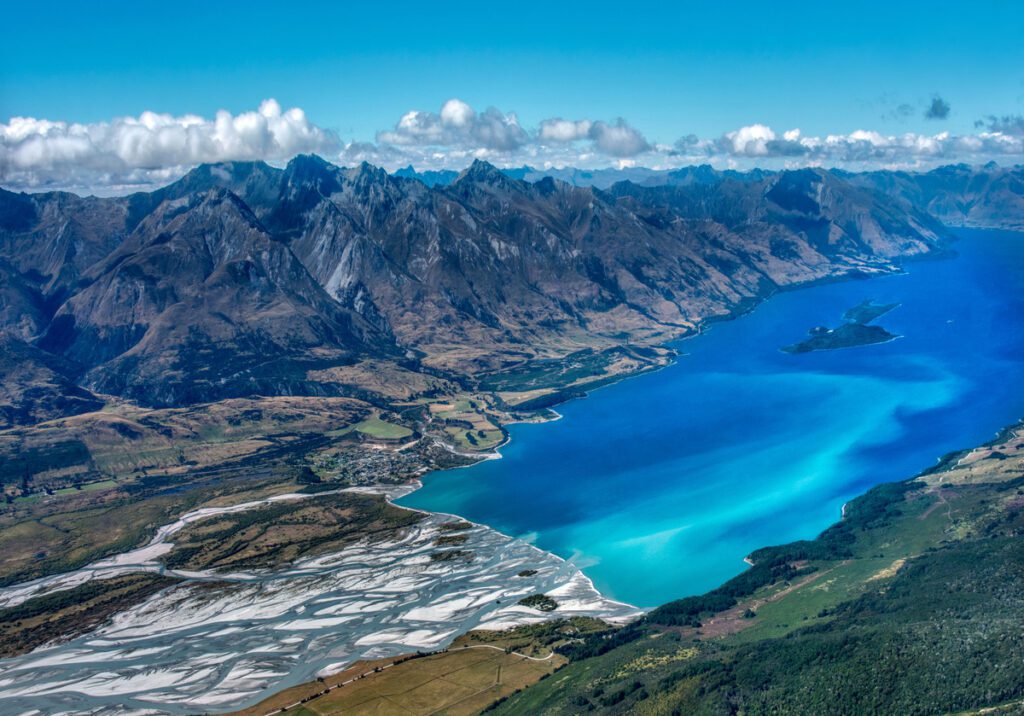
Skift Take
New Zealand’s government doesn’t think the increased entry fee will put off travelers, but it just made the country’s ongoing efforts to to make a full recovery from the pandemic a bit more difficult.
New Zealand announced Tuesday it would nearly triple entry fees for tourists: On October 1, the International Visitor Conservation and Tourism Levy will go from NZ $35 ($21.70) to NZ $100 ($62.20).
The aim is to “ensure visitors contribute to public services and high-quality experiences while visiting New Zealand,” according to government officials, which is intended to help cover the costs of environmental protection around the country
Visitors from Australia, New Zealand’s largest source market, aren’t required to pay the tax. Tourism Minister Matt Doocey argued the increased entry fee would not be a huge deterrent since NZ $100 represents less than 3% of most visitors’ average spending.
New Zealand first introduced a $35 entry fee in July 2019, an amount officials believe wasn’t enough to cover the costs associated with a large number of visitors.
Others involved in New Zealand’s travel industry believe the increased entry fee will make it more challenging for New Zealand to attract tourists, especially since its remote location in the South Pacific necessitates long-distance flights for travelers from several of its major markets.
In addition, visitors requiring a tourist visa will have to pay U.S. $211 starting on October 1, up from $131.
“New Zealand’s tourism recovery is falling behind the rest of the world, and this will further dent our global competitiveness,” said Rebecca Ingram, the chief executive of the Tourism Industry Aotearoa, the country’s independent tourism body.
New Zealand has yet to make a full recovery from the pandemic. It had just under 3 million international visitors in 2023, roughly three-quarters of pre-Covid levels.

